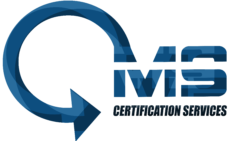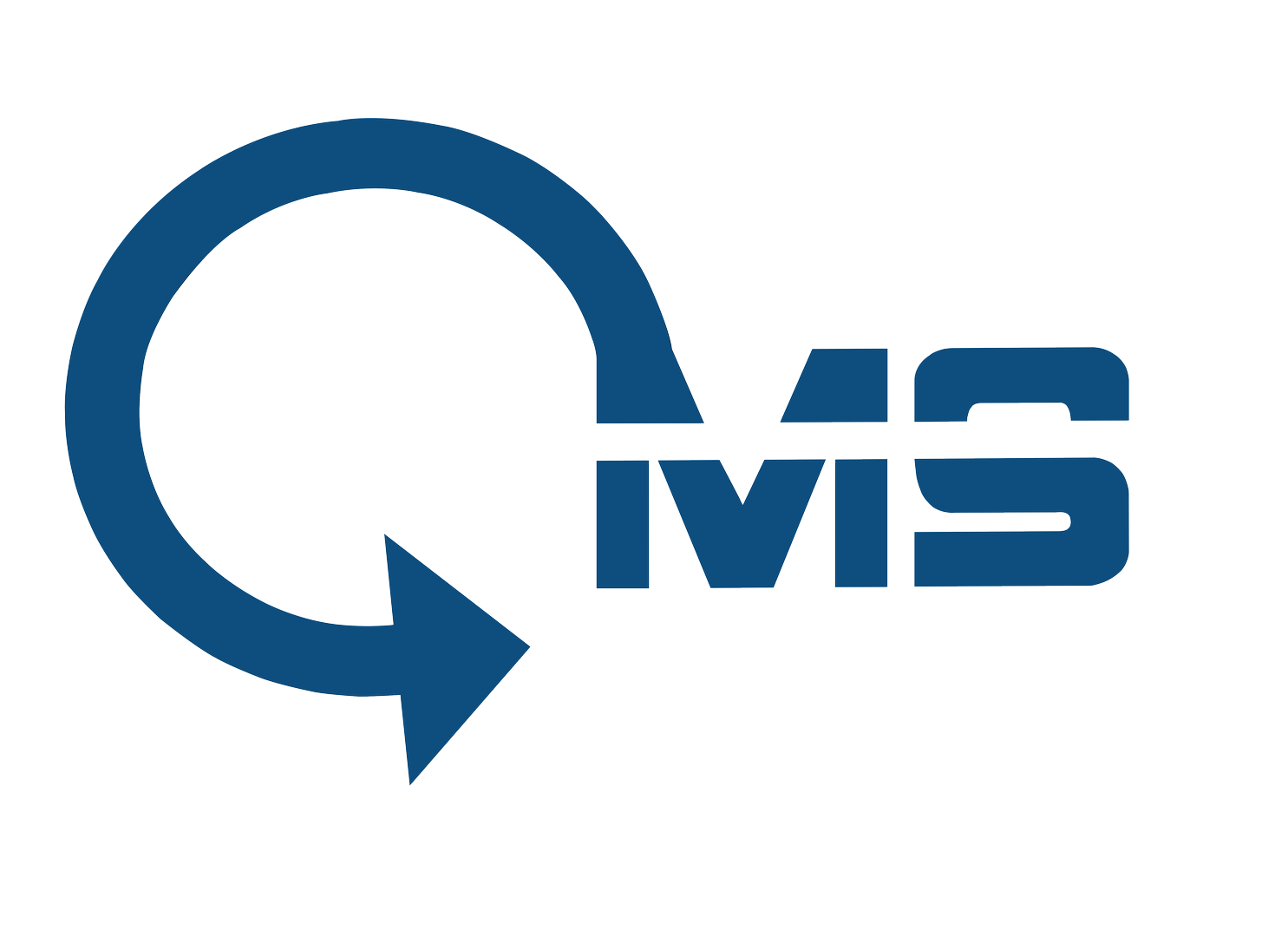ISO
22000 Course
Course Description
This training course has been created developed By QMS Certification Services Capitalizing on the powerful Accelerated Learning Technique, this course spends a good portion of the time on discussions, exercises and case studies to help students to consolidate knowledge and acquire hands on experience that are instrumental in
their capacity as a food safety management system auditor or as a food safety function professional. Students who passed the continuous assessment and the 2 hour written examination will be awarded a Certificate of Successful Completion.
Methodology
There is a balance between knowledge-based presentation, discussions, exercises and case studies. About
two third of the time is spent on activity based learning. A mock examination paper will be discussed throughout the course to help students to be familiarwith the style of the examination.
Course Content
The course content of a program on ISO 22000, which focuses on food safety management systems, typically covers a range of topics to provide participants with a comprehensive understanding of the standard and its implementation. Here is an overview of the typical course content for an ISO 22000 training program:
Introduction to Food Safety Management:
- Overview of food safety concepts and principles
- Importance of food safety management systems
- Introduction to ISO 22000 and its benefits
Understanding ISO 22000 Requirements:
- Structure and scope of ISO 22000
- Key terms and definitions used in the standard
- Requirements for a food safety management system
Food Safety Hazards and Risk Assessment:
- Identification of food safety hazards
- Risk assessment and risk management in food safety
- Control measures for food safety hazards
Prerequisite Programs (PRPs) and Operational Prerequisite Programs (oPRPs):
- Overview of prerequisite programs and their importance
- Development and implementation of PRPs and oPRPs
- Monitoring and verification of PRPs and oPRPs
HACCP Principles and Plan:
- Introduction to Hazard Analysis and Critical Control Points (HACCP)
- Development of a HACCP plan
- Integration of HACCP with ISO 22000 requirements
Food Safety Management System Documentation:
- Documentation requirements of ISO 22000
- Development of food safety policies, procedures, and records
- Document control and record-keeping practices
Internal Auditing and Management Review:
- Planning and conducting internal audits
- Reporting audit findings and non-conformities
- Management review of the food safety management system
Continual Improvement and Performance Monitoring:
- Monitoring and measuring food safety performance
- Continual improvement strategies
- Corrective and preventive actions
Case Studies and Practical Exercises:
- Real-world examples and case studies related to food safety management
- Practical exercises to apply ISO 22000 concepts in a simulated environment
- Group discussions and interactive sessions to reinforce learning
Durations / 3 Day -18 Hours
Target Audience
Line/Support function personnel who are involved in food safety implementation Staff who are charged with the responsibility to develop and maintain a FSMS All FSMS auditors who wish to acquire an auditor status
Course Objective
Understanding the Principles of Food Safety Management: The training aims to provide participants with a comprehensive understanding of the principles and requirements of ISO 22000, including its structure, key concepts, and benefits.
Interpreting ISO 22000 Requirements: Participants are trained to interpret the specific requirements of ISO 22000 and how they apply to food safety management within their organization.
Implementing an Effective Food Safety Management System: The training course focuses on guiding participants on how to implement and maintain an effective food safety management system based on ISO 22000 requirements.
Identifying Food Safety Hazards: Participants learn how to identify, assess, and control food safety hazards throughout the food supply chain, from production to consumption.
Establishing Prerequisite Programs (PRPs): The training covers the establishment and implementation of prerequisite programs, such as Good Manufacturing Practices (GMPs) and Good Hygiene Practices (GHPs), which are essential for ensuring food safety.
Developing and Implementing Operational Prerequisite Programs (oPRPs): Participants are trained on developing and implementing operational prerequisite programs specific to their organization processes to control food safety hazards.
Creating and Maintaining a Food Safety Management Plan: The training course helps participants develop a food safety management plan that aligns with ISO 22000 requirements and ensures the effective management of food safety risks.
Conducting Internal Audits: Participants learn how to plan, conduct, report, and follow up on internal audits to assess the conformity and effectiveness of the food safety management system.
Preparing for Certification Audits: The training course may include guidance on preparing for and successfully undergoing certification audits by external certification bodies to achieve ISO 22000 certification.
Continuous Improvement: Participants are encouraged to understand the importance of continual improvement in food safety management and how to identify opportunities for improvement within their organization processes.
Pre Request
Students are expected to have working experience in the food chain, an understanding of the relevant food safety legislation, prerequisite programmed, good practice guides (eg GMP)
© 2024 QMS All Rights Reserved.

